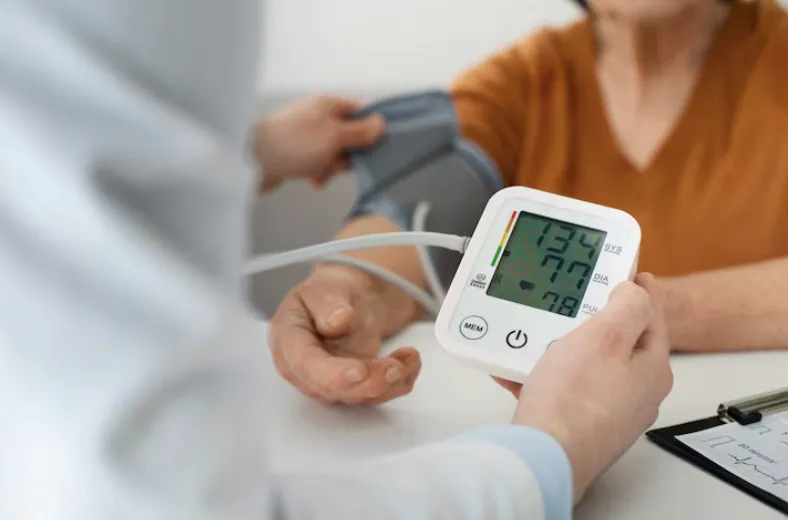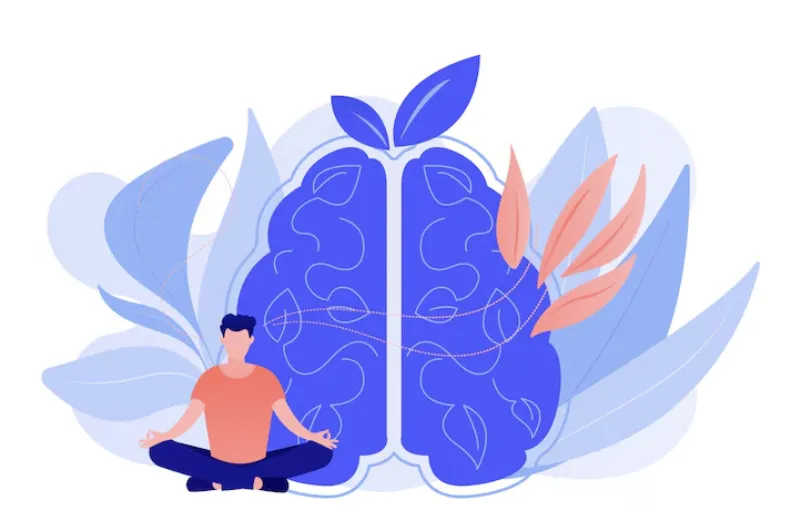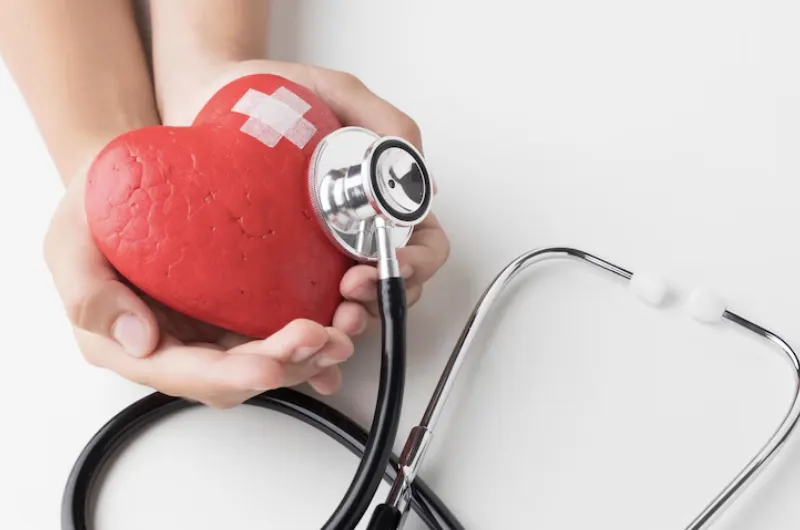Heart Health and Blood Pressure

The heart is a vital organ that pumps blood throughout the body, supplying oxygen and nutrients to tissues while removing waste products. Blood pressure, the force of blood against the walls of the arteries, is a critical indicator of heart health. Maintaining healthy blood pressure levels is essential to prevent cardiovascular diseases. This article explores the relationship between the heart and blood pressure, the implications of high and low blood pressure, and practical tips for managing blood pressure effectively.
The Heart and Blood Pressure Connection
Blood pressure is determined by the amount of blood your heart pumps and the resistance to blood flow in your arteries. Normal blood pressure is typically around 120/80 mm Hg, where 120 represents systolic pressure (pressure during heartbeats) and 80 represents diastolic pressure (pressure between heartbeats). When blood pressure is consistently higher or lower than normal, it can lead to health complications.
High Blood Pressure (Hypertension)
Hypertension is a common condition where the force of blood against the artery walls is too high. It often develops over many years and can lead to serious health issues, including heart disease, stroke, and kidney damage. Key factors contributing to high blood pressure include:
- Unhealthy Diet: High intake of salt, saturated fats, and cholesterol can raise blood pressure.
- Lack of Physical Activity: Sedentary lifestyle increases the risk of hypertension.
- Obesity: Excess weight can lead to increased blood pressure.
- Stress: Chronic stress can contribute to elevated blood pressure levels.
- Genetics: Family history of hypertension can increase the risk.
- Age: Blood pressure tends to increase with age.
- Smoking and Alcohol: Both can raise blood pressure and harm heart health.
Low Blood Pressure (Hypotension)
Hypotension is less common and refers to abnormally low blood pressure, typically below 90/60 mm Hg. While it might seem desirable, extremely low blood pressure can cause dizziness, fainting, and shock. Causes of low blood pressure include:
- Dehydration: Lack of fluids can lower blood pressure.
- Heart Problems: Conditions like heart valve issues and heart attack can cause low blood pressure.
- Endocrine Disorders: Problems with hormone-producing glands can lead to hypotension.
- Severe Infection (Septicemia): Infection entering the bloodstream can cause a dangerous drop in blood pressure.
- Blood Loss: Significant blood loss from injury or surgery reduces blood pressure.
- Certain Medications: Drugs for high blood pressure, heart disease, or depression can lower blood pressure too much.





